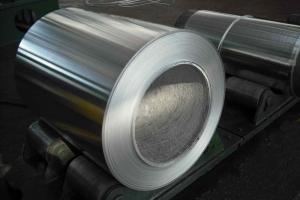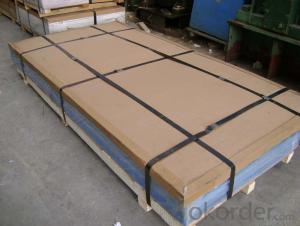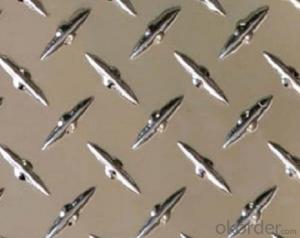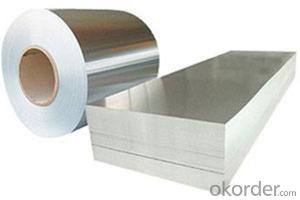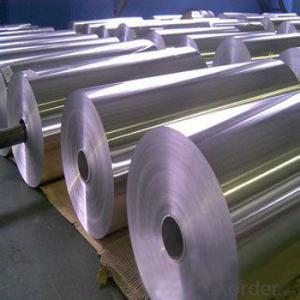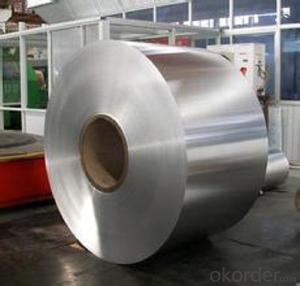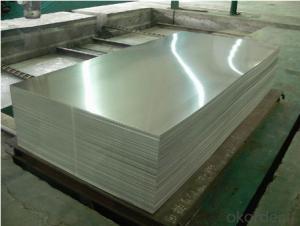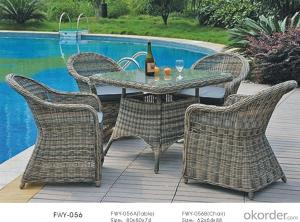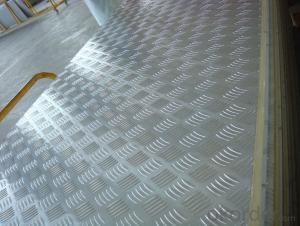3003 H14 Aluminum Plate
3003 H14 Aluminum Plate Related Searches
Aluminum Foil For Roofing Fiberglass Sheets For Roofing Tar Paper For Roofing Alside Pvc Aluminum Trim Coil Pvc Aluminum Coil Flat Aluminum Wire Coil - 5mm Aluminum Wire Coil Best Aluminum Coil 3 4 Aluminum Tubing Coil 1 2 Aluminum Tubing CoilHot Searches
Aluminum Corp Of China Stock Price Of Aluminum Stock Cost Of Heated Floors In Bathroom Aluminum Foil Roll Price Cost Of Evacuated Tube Solar Collectors Types Of Aluminum Plate Texture Of Aluminum Foil 1/2 Inch Aluminum Plate Near Me 1/4 Inch Aluminum Plate Near Me Cost Of 4X8 Sheet Of Plywood Aluminum Foil Roll Supplier Geogrid Roll Price Aluminum Tube Stock Near Me 1100 Aluminum Plate Suppliers Cost Of Plywood Per Square Metre Aluminum Square Stock Near Me Cost Of Mdf Per Square Metre Aluminum Angle Stock Near Me Aluminum Flat Stock Near Me Aluminum Fin Stock Manufacturers3003 H14 Aluminum Plate Supplier & Manufacturer from China
Okorder.com is a professional 3003 H14 Aluminum Plate supplier & manufacturer, offers integrated one-stop services including real-time quoting and online cargo tracking. We are funded by CNBM Group, a Fortune 500 enterprise and the largest 3003 H14 Aluminum Plate firm in China.Hot Products
FAQ
- Using aluminum coils offers several environmental benefits. First and foremost, aluminum is a highly sustainable material that can be recycled without losing its original properties. This reduces the need for mining and extracting new raw materials, thereby decreasing the environmental impact of these processes. Additionally, recycling aluminum requires only a fraction of the energy needed to produce primary aluminum, resulting in substantial energy savings and reduced greenhouse gas emissions. In addition, aluminum coils have a longer lifespan compared to other commonly used materials like copper or steel. This means that fewer coils need to be manufactured and replaced over time, leading to reduced waste generation and a lower overall environmental impact. Furthermore, aluminum is corrosion-resistant, eliminating the need for potentially harmful treatments or coatings. This reduces the release of hazardous substances into the environment during the manufacturing and use of aluminum coils. Lastly, aluminum's lightweight nature contributes to lower transportation costs and energy consumption during distribution. This results in decreased fuel consumption and associated emissions, ultimately reducing the carbon footprint of using aluminum coils. Taking all these factors into consideration, the use of aluminum coils provides significant environmental benefits, including reduced resource extraction, energy conservation, waste reduction, and lower emissions.
- Aluminum coils are commonly used in insulation applications as they are lightweight, durable, and have excellent thermal conductivity properties. They are typically used to create a radiant barrier or reflective insulation, where they are installed between the outer walls or roofs of a building and the insulation material. The reflective surface of the aluminum coil helps to reflect radiant heat away from the building, reducing heat transfer and improving energy efficiency. Additionally, aluminum coils are also used in HVAC systems to create air ducts that ensure proper insulation and prevent heat loss or gain.
- Aluminum coils are indeed appropriate for food storage containers. This material is highly favored for such containers because of its many beneficial qualities. To begin with, aluminum is lightweight, which makes it easy to handle and transport. Moreover, it possesses excellent thermal conductivity, allowing for quick heating or cooling, making it perfect for storing both hot and cold food. Additionally, aluminum is resistant to corrosion and does not react with acidic or alkaline foods, ensuring that the taste and quality of the food remain unaffected. Furthermore, aluminum is an environmentally friendly choice as it is sustainable and can be recycled. However, it is worth noting that aluminum containers should be coated with a food-grade lining to prevent any potential interaction between the metal and the food, particularly with acidic foods. In conclusion, aluminum coils are a suitable option for food storage containers due to their lightweight nature, thermal conductivity, resistance to corrosion, and recyclability.
- Coil-anodized aluminum coils have a wide range of potential applications due to their durability, versatility, and aesthetic appeal. Some of the common applications include architectural cladding, roofing, signage, facade panels, interior decoration, automotive trim, and electronics casings. The anodized coating provides enhanced corrosion resistance, weatherability, and color stability, making it suitable for both indoor and outdoor use. Additionally, the ability to create various finishes and textures further expands the possibilities for using coil-anodized aluminum coils in different industries.
- Aluminum coils contribute to the durability of structures due to their inherent properties such as corrosion resistance, lightweight nature, and high strength-to-weight ratio. These coils, when properly installed, form a protective layer on the structure, shielding it from environmental factors like moisture, UV rays, and temperature variations. This corrosion resistance ensures that the structure remains intact and free from rust, extending its lifespan. Additionally, the lightweight nature of aluminum coils reduces the load on the structure, making it less prone to stress and allowing for easier installation. Overall, the use of aluminum coils enhances the durability of structures by providing long-lasting protection and structural integrity.
- What do the two items (COIL:873347 HEAT: number) on the label of the raw material of aluminum coil stand for?
- COIL means aluminum coil and HEAT means heating, so together they mean hot rolled coil.
- Aluminum coils are commonly used in the production of industrial machinery for various purposes. These coils are primarily utilized in the fabrication of heat exchangers, such as condensers and evaporators, due to aluminum's excellent thermal conductivity. Additionally, aluminum coils are used to manufacture air conditioning systems, refrigeration units, and cooling towers, as they offer lightweight and corrosion-resistant properties. They are also employed in the construction of electrical transformers and motors due to their high electrical conductivity. Overall, aluminum coils play a crucial role in the manufacturing of industrial machinery, contributing to enhanced efficiency, durability, and performance.
- Yes, aluminum coils can be used for automotive heat shields. Aluminum is a commonly used material for heat shields due to its excellent thermal conductivity and high melting point. It is lightweight and has good corrosion resistance, making it ideal for automotive applications. Aluminum coils can be easily formed into the desired shape and provide effective heat insulation, protecting sensitive components from excessive heat generated by the engine or exhaust system. Additionally, aluminum is cost-effective and readily available, making it a popular choice for automotive heat shields.



